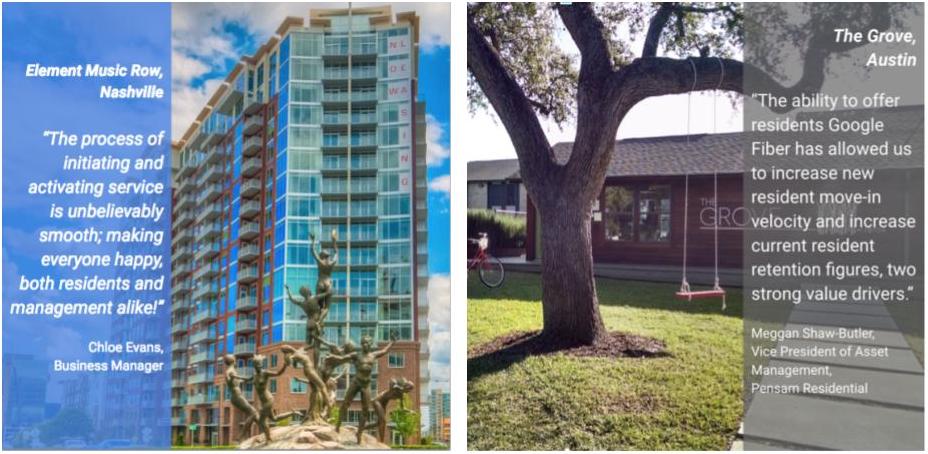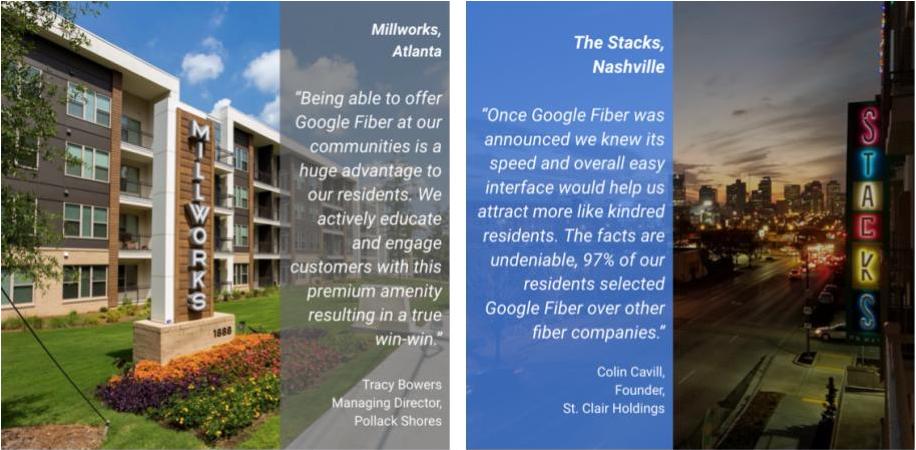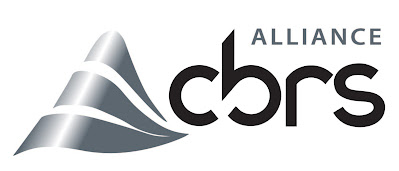Huntsville — a.k.a. Rocket City — is truly a place on the rise. Nationally known for its strong science and technology presence, Huntsville is one of the fastest growing cities in the U.S. and quickly becoming a destination for diverse, creative and entrepreneurial minds. Today, we are proud to announce Google Fiber is officially lifting off in Rocket City.
As of this morning, customers in North Huntsville can sign up for Google Fiber’s superfast Internet, TV and phone service. Residents and small business owners in this part of the city now have access to Google Fiber’s superfast Internet.
We’re excited to bring our service to more and more Huntsvillians, so be sure to sign up at fiber.google.com/cities/huntsville/ to be among the first to receive updates and future announcements.
Residents in North Huntsville can now sign up for the Fiber 1000 + TV, Fiber 1000, Fiber 100 or Fiber 100 + TV. Customers can also add a Fiber Phone to any of these packages, providing a great voice experience with all of the features of Google Voice, including very low international calling rates.
Huntsville just gets it. Mayor Battle and the city’s leadership understand what unlocking the true potential of the Web with fiber Internet can do for a city, its businesses and residents. As an enterprising city, Huntsville explored new ways to connect residents and small businesses and is building a municipal fiber network through Huntsville Utilities. Google Fiber is the city’s first tenant and will lease part of the network with a non-exclusive arrangement, which allows other providers to lease fiber from the city as well.
Across the country, there continues to be incredible demand for gigabit Internet. While we continue the process of building Google Fiber networks in cities like Kansas City, Austin, Nashville, and others, we’re always looking to new approaches to get people connected. Leasing the infrastructure in Huntsville rather than building from scratch allows us to bring Google Fiber to even more people, and even faster.
Huntsville has a vibrant network of nonprofit and community organizations working to make the city a better place to work and live. We have been proud to work hand-in-hand with many of these organizations, such as the US Space and Rocket Center, to advance our priority areas of digital inclusion, STEM education, and supporting entrepreneurs and nonprofits.
We are excited to see North Huntsville be the first area to be connected with Google Fiber service, and to see the impact that ultra high-speed broadband can have on everything from economic growth to education to public services and more.
Gigabit speeds can be the foundation for continued innovation and growth for a city. We can’t wait to see what’s possible in Huntsville!
Posted by Caroline de Gantes, Head of Business Operations, Huntsville





